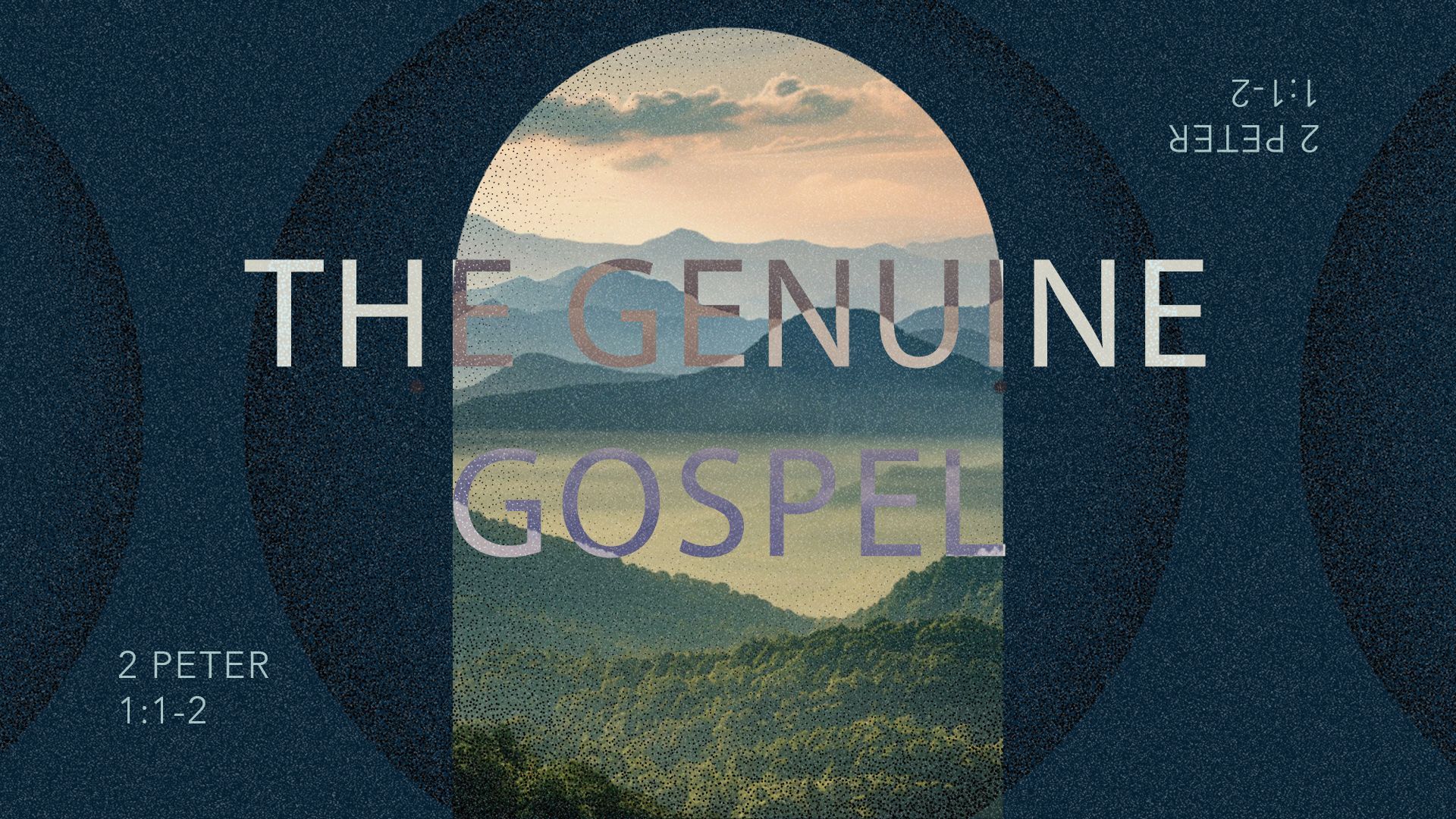Esther
Notes from Pastor Nick Gainey's sermon on the story of Esther.
The Providence of God
The story of Esther is not primarily a story of moral example but a story of God’s providence – working and moving to keep the Jews from being wiped out by Haman.
Heidelberg Catechism
What is the providence of God?
The almighty and ever present power of God by which God upholds, as with his hand, heaven and earth and all creatures, and so rules them that leaf and blade, rain and drought, fruitful and lean years, food and drink, health and sickness, prosperity and poverty— all things, in fact, come to us not by chance but by his fatherly hand.
How does the knowledge of God’s creation and providence help us?
We can be patient when things go against us, thankful when things go well, and for the future we can have good confidence in our faithful God and Father that nothing in creation will separate us from his love. For all creatures are so completely in God’s hand that without his will they can neither move nor be moved.
Proverbs 21:1 – “The king’s heart is a stream of water in the hand of the Lord; he turns it wherever he will.”
Job 42:1 – “I know that you can do anything and no plan of yours can be thwarted.”
Psalm 103:19 – “The Lord has established His throne in the heavens, and His sovereignty rules over all.”
Daniel 4:35 – “All the inhabitants of the earth are accounted as nothing, But He does according to His will in the host of heaven; And among the inhabitants of earth; And no one can ward off His hand, Or say to Him, ‘What have You done?”
Man’s responsibility within God’s Providential rule.
God is sovereign and man is not.
- Story of Joseph – “What you meant for evil, God meant for good.”
- Esther’s moment before the king is not her doing. It is God’s.
We are responsible for our choices and the actions we take.
- Saul was rejected as king and Haman is here because of that.
- Easy application here is what happens to Haman.
- Consequences of sin in our own lives.
Remembering God’s providential hand leads to faith and worship.
Ether and Mordecai’s response after Haman’s death was not worship, it was revenge. The text is different from God’s decrees earlier in the OT to wipe out people groups. God isn’t mentioned instructing them to carry this out.
--
Discipleship Questions
- How are you balancing the relationship between God’s providence and your responsibility?
- In what ways does remembering God’s providence stir your heart with faith and worship?
- In what areas of your day-to-day life are you not trusting and remembering God’s providence? How would trusting and remembering God’s providence change your perspective and ability to honor God in those moments?





